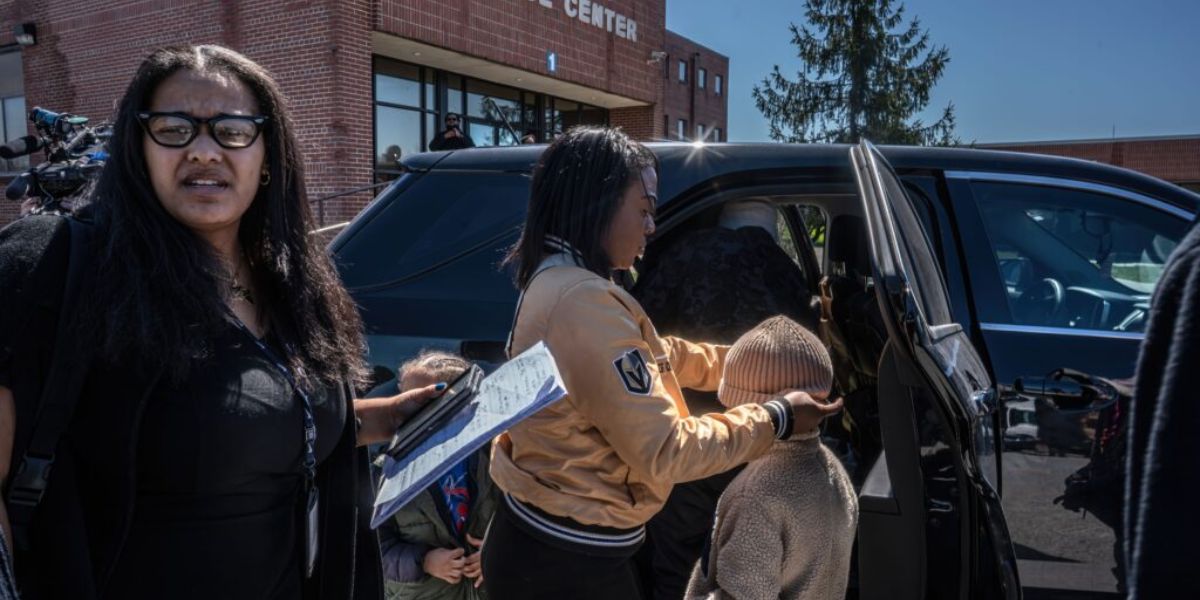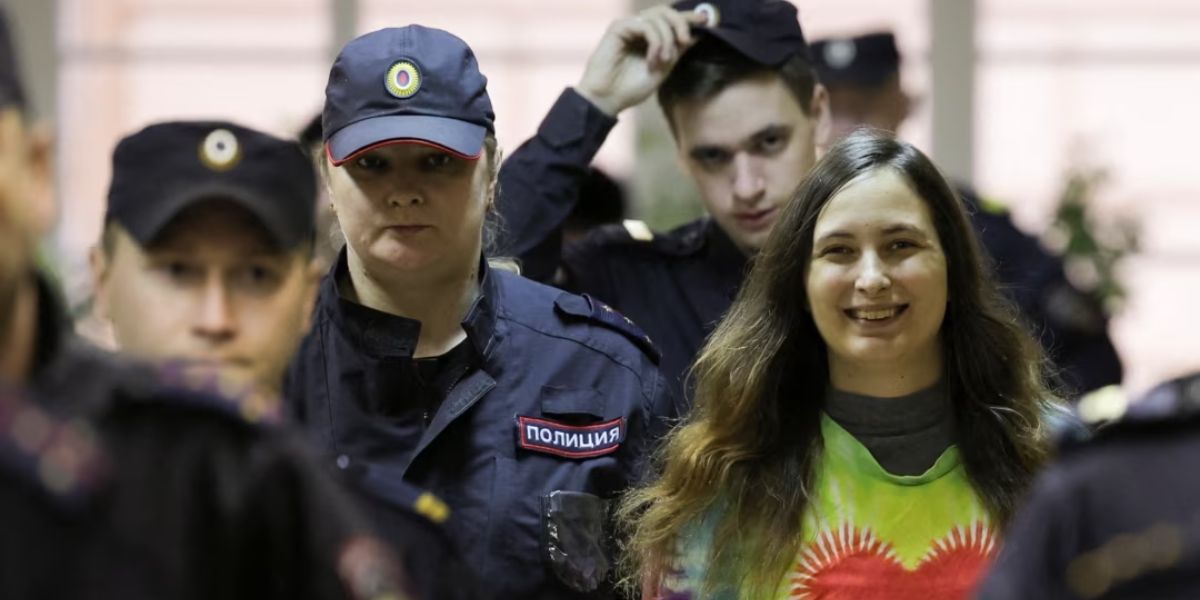A Tennessee mother is suing law enforcement and social services after her five children were taken from her after she was arrested for marijuana use. The case is contentious and illustrates the conflict between drug laws and child care. The incident has spurred discussion on how to handle drug offenses and what might happen to the families of those involved.
The woman, whose name is being withheld out of respect for her privacy, was allegedly detained for possessing marijuana, which was still prohibited for recreational use in Tennessee at the time of the occurrence. But there has been a lot of attention focused on the subsequent steps that the authorities took.
The mother claims that social workers intervened and took her children away from their home after law enforcement officials called the Department of Children’s Services (DCS) following her detention. The toddlers and preteens were put into foster care for a short period as their mother processed through the court system following her arrest.
The choice to take the kids away from their mother has drawn a lot of criticism, with many wondering if this kind of punishment was appropriate given the alleged wrongdoing. Proponents contend that removing kids from the family for a non-violent drug crime might cause more harm than good by upsetting family dynamics and generating needless trauma.

Following the uproar, the mother filed a lawsuit alleging constitutional rights violations and unjust seizure of her children against the relevant law enforcement authorities and social workers. The mother’s right to due process and family integrity were allegedly violated by the authorities’ unreasonable and legally insufficient actions, according to the lawsuit.
The case, according to critics of the government’s actions, highlights the larger problem of the punitive response to drug charges, especially those involving marijuana, which is increasingly seen as a relatively harmless narcotic by a growing number of Americans. They contend that the criminalization of marijuana has a disproportionate effect on communities of color and frequently has dire repercussions for individuals and families caught in the crossfire.
Concerns regarding the possibility of prejudice and discrimination in decision-making procedures are also raised by those who oppose the child welfare system’s involvement in drug-related issues. They contend that monitoring families from underprivileged backgrounds is disproportionate, which feeds poverty and instability cycles.
Advocates of stringent drug enforcement laws, on the other hand, contend that law enforcement officials must police the law and shield minors from exposure to illicit narcotics. Even if it means separating them from their parents for a while, they contend that removing kids from drug-filled situations is an essential safety measure for their well-being.
The way law enforcement and child welfare organizations handle drug-related cases in Tennessee and elsewhere may be significantly impacted by the lawsuit’s verdict. In light of changing views on drug use and legalization, it has rekindled conversations about striking a balance between individual liberty and public safety concerns.
A clear reminder of how complicated and frequently contentious drug policy is, as well as how it affects families, is provided by the ongoing judicial dispute. Whatever the result, the case serves as a reminder of the necessity of carefully weighing the potential unintended consequences of punitive measures and the necessity of always putting children’s best interests first.




